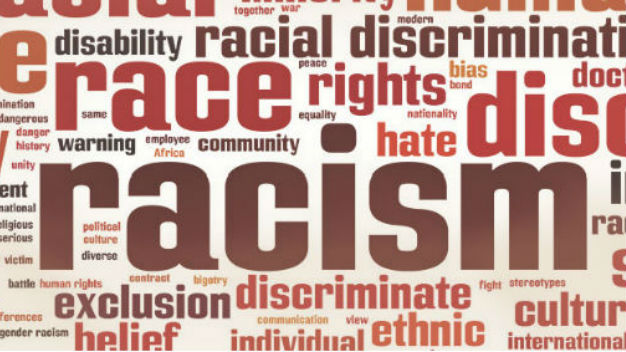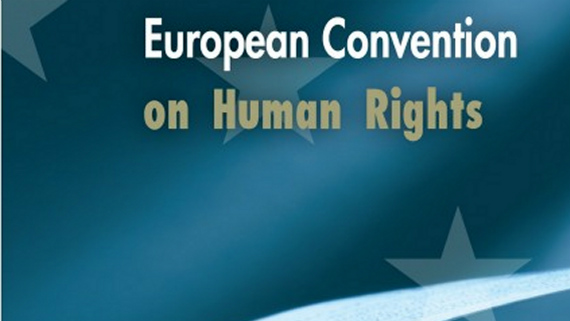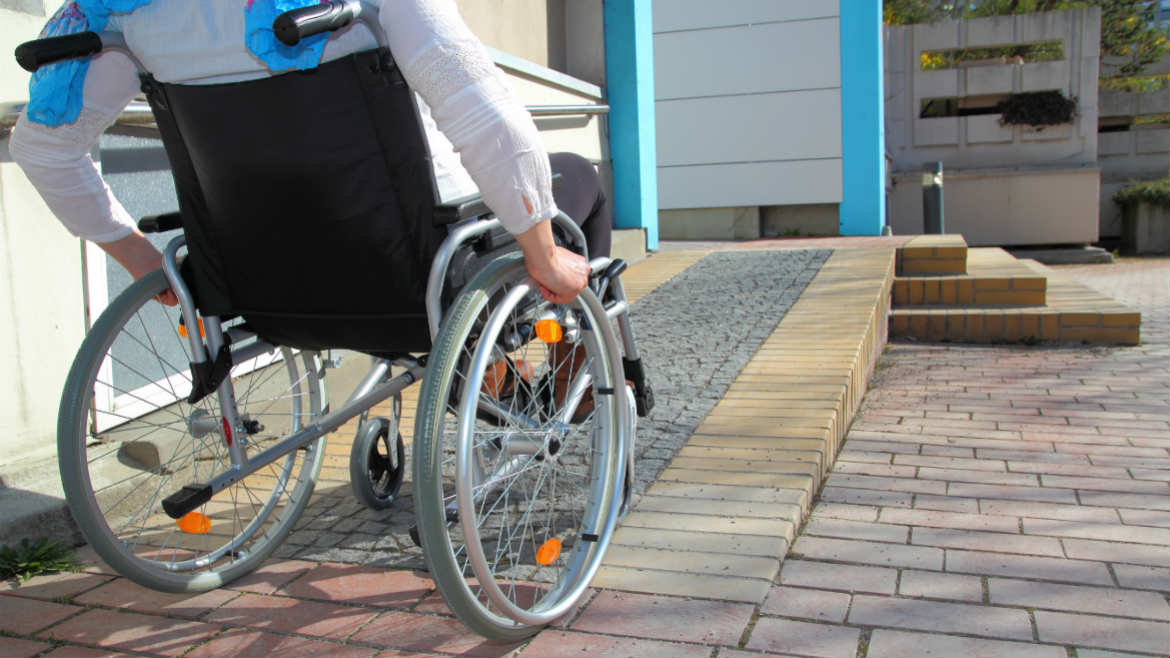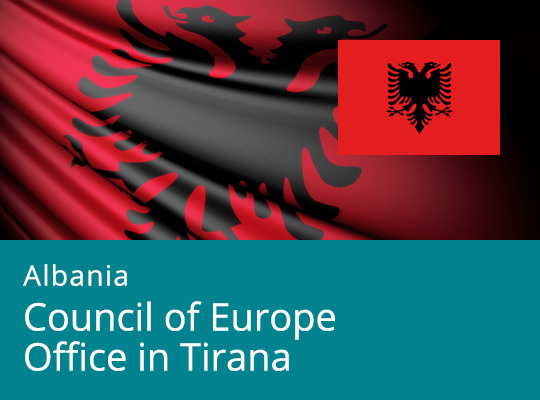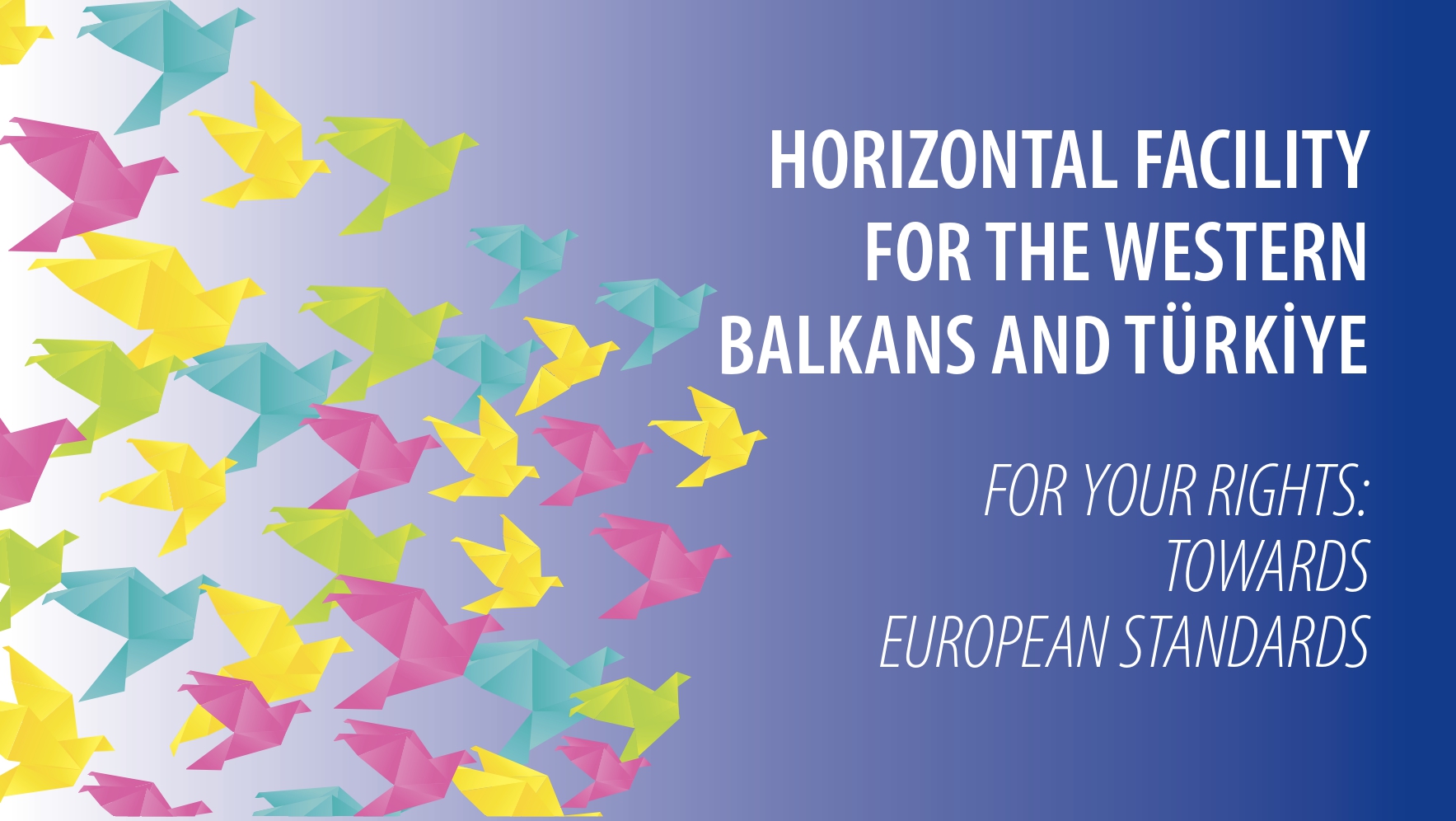Albania: despite positive developments concerns around intolerant public speech and poor integration of Roma remain, says the Council of Europe’s anti-racism commission
The European Commission against Racism and Intolerance (ECRI) today published a new report on Albania analysing recent developments and outstanding issues, and providing recommendations to the authorities.
“There is no problem of real understanding between the different groups of the Albanian population, but concerns remain, such as hate speech by politicians, lack of sustainability and poor results of integration programmes for Roma” said ECRI’s Chair, Christian Ahlund.
On the positive side, the report notes that the Criminal Code was amended to give enhanced protection to LGBT persons; the People’s Advocate and the Commissioner for Protection of Discrimination have been making efforts to counter public hate speech, and the Government has adopted a Code of Ethics which contains provisions on non-discrimination. On Roma, substantive progress has been made in civil registration, and the school drop-out rate has decreased.
On the other hand, access to justice for victims of discrimination remains difficult and no reliable data on hate crime exists. There is no comprehensive data to evaluate integration programmes for Roma; academic results of many Roma and Egyptians remain poor and negatively affect their access to regular labour market; and risk of evictions without alternative housing is another problem for these communities. Furthermore, despite a number of legislative proposals, there is still no legal regulation for important aspects of the private life of LGBT persons, such as registered partnership.
In its report, ECRI has made several recommendations to the authorities of Albania. The following two require prompt implementation and will be reviewed by ECRI in two years’ time:
- ensure effective access to justice for victims of discrimination through a functioning and properly funded legal aid system;
- ensure that evictions of Roma, as well as other persons, are not carried out without the possibility of alternative decent accommodation.
The report, including Government observations, is available here. It was prepared following ECRI’s visit to Albania in September 2014 [Press release] and takes account of developments up to 2014.
Press contact:
Can Fisek, Spokesperson/Press officer, Tel. +°33 3 88 41 30 41, [email protected]
Stefano Valenti, Tel.: +33 3 90 21 43 28, [email protected]
For more information on ECRI: www.coe.int/ecri



